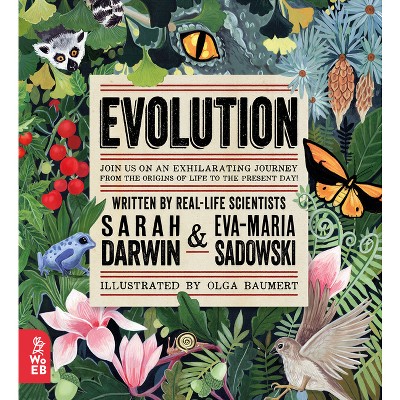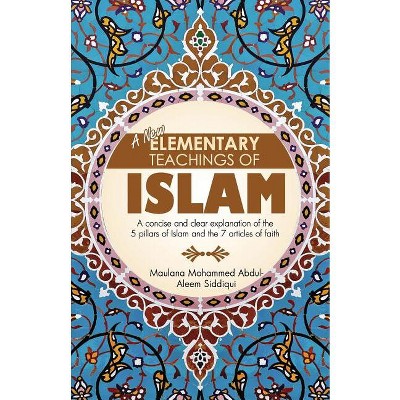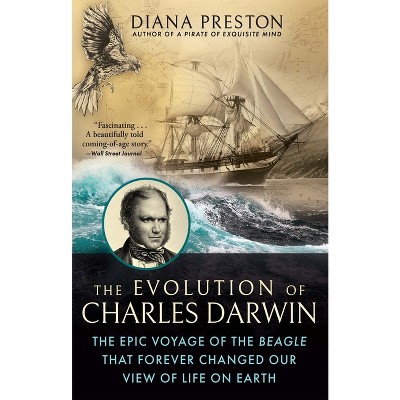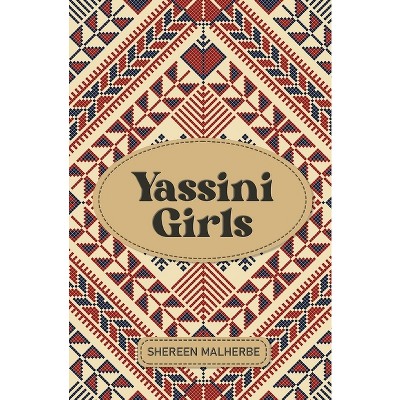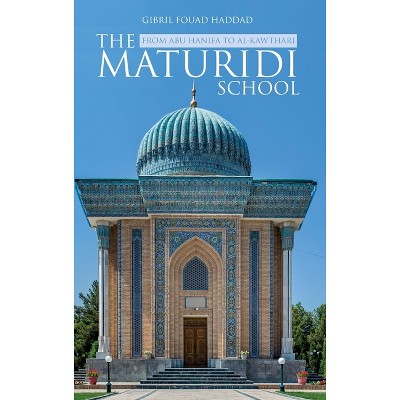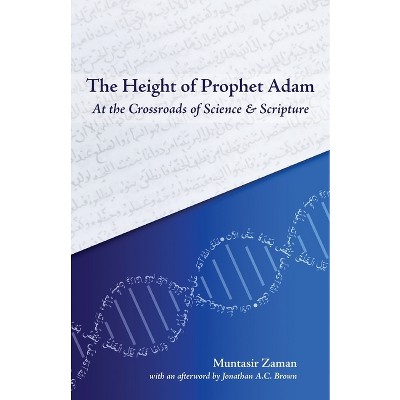Sponsored

A Thousand Years Before Darwin - (Islam and Evolution) by Rui Diogo & Aamina Malik & Malak Alghamdi (Paperback)
In Stock
Sponsored
About this item
Highlights
- This enlightening book explores the significant yet often overlooked contributions of Muslim scholars to the fields of biology and anatomy, revealing a rich and pioneering legacy from the Islamic Golden Age.
- Author(s): Rui Diogo & Aamina Malik & Malak Alghamdi
- 204 Pages
- Science, Life Sciences
- Series Name: Islam and Evolution
Description
Book Synopsis
This enlightening book explores the significant yet often overlooked contributions of Muslim scholars to the fields of biology and anatomy, revealing a rich and pioneering legacy from the Islamic Golden Age. It challenges the widespread belief that major scientific breakthroughs were solely the domain of Western thinkers, shedding light on the advanced anatomical knowledge developed by Arabic and Persian scholars long before Vesalius.
The authors trace how Muslim physicians and scientists meticulously studied human and animal anatomy, conducted dissections, and recorded their findings with remarkable accuracy. Their work laid essential foundations for later developments in Europe, yet remains largely ignored in mainstream accounts of scientific history.
This book exposes how dominant historical narratives have sidelined the achievements of non-Western scholars-particularly those from the Muslim world-due to cultural bias and colonial influence. Through compelling analysis and accessible storytelling, it calls for a reassessment of the global roots of modern science and encourages a more inclusive and accurate understanding of our shared intellectual heritage.
Rather than simply offering a revisionist history, this work serves as a call to action. It urges historians, educators, and scientists alike to recognize the interconnectedness of human knowledge and to celebrate the diverse cultures that have shaped the scientific world we know today. The authors advocate for further comparative research and a deeper appreciation of the intellectual contributions that flourished outside of Europe-contributions that were often obscured or forgotten in the shaping of Western-centric historical accounts.
This is an essential read for anyone interested in the history of science, the role of culture in shaping intellectual traditions, and the rich contributions of Muslim scholars to biology, anatomy, and the broader scientific endeavour. It challenges us to rethink what we know about the origins of science-and to honour the global spirit of inquiry that defines the human quest for knowledge.
Shipping details
Return details
Trending Non-Fiction






Discover more options
